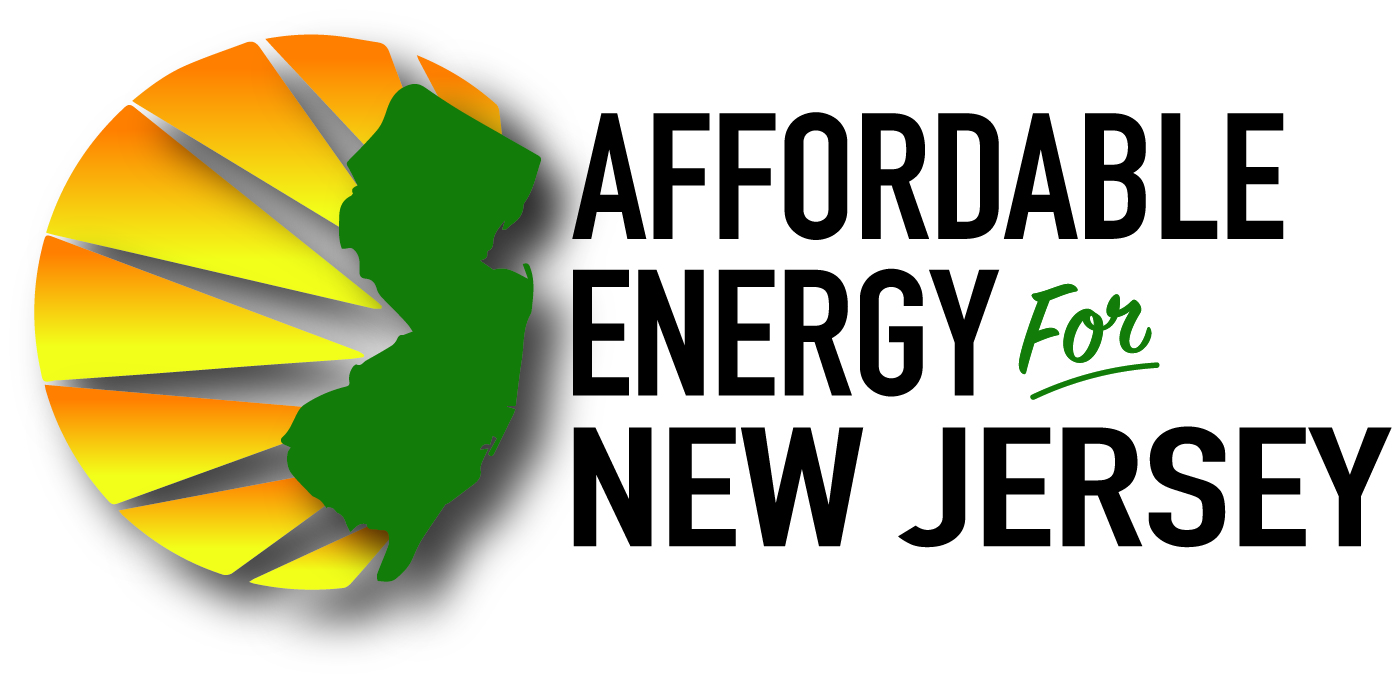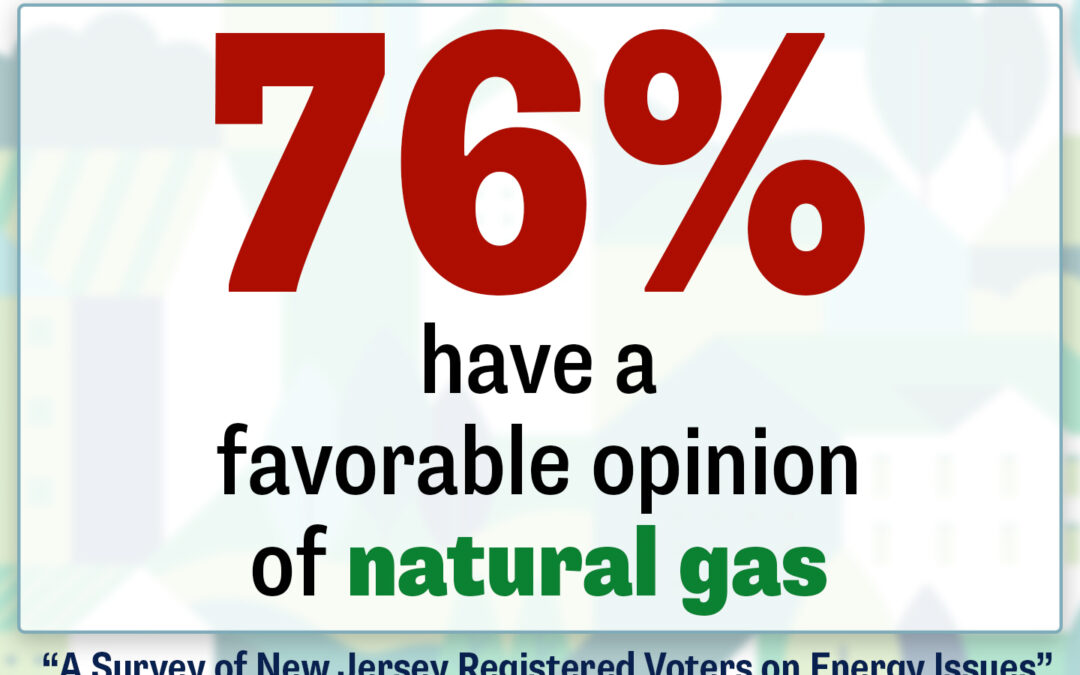New Public Opinion Survey Details Residents Thoughts on Energy Preferences
Springfield, NJ – A recently conducted public opinion survey finds that an overwhelming majority of New Jersey residents prefer natural gas to heat their homes and power their appliances. A research poll from Affordable Energy for New Jersey conducted earlier this month of nearly 1200 registered New Jersey voters revealed that 76 percent view natural gas as a favorable energy source. Of those surveyed, 67 percent also favor natural gas over electricity.
When asked if all homes should be required to transition from natural gas to electric heat, 61 percent were opposed.
“The results of this opinion survey clearly show that regulators and legislators are out of touch as to what New Jersey residents energy preferences are, said Ron Morano, Affordable Energy for New Jersey executive director. “We need sound energy policy that includes reliable, affordable and realistic choices not unrealistic, expensive mandates.”
The survey also included a question about an Energy Information Administration calculation that showed getting 100 percent of the state’s power from wind and solar could increase monthly by at least four times the current amount. Nearly 80 percent said they would be opposed to the increase.
Nearly 60 percent of residents also oppose New Jersey wasting millions of taxpayer dollars to stop natural gas pipeline projects.
Residents preferred natural gas, solar and nuclear as New Jersey’s primary energy source with 22 percent choosing natural gas, 22 percent solar, 21 percent nuclear and 20 percent undecided. Only 6 percent preferred wind.
“The numbers in this survey show clear support of natural gas. Before the Board of Public Utilities goes back to the drawing board to update the Energy Master Plan, they need to listen to New Jersey residents, not come back with more of the same.”
# # #
About Affordable Energy for New Jersey:
Affordable Energy for New Jersey (AENJ) is a broad, grassroots coalition that advocates for actionable, fact-driven energy policy that emphasizes keeping costs low for our residents and businesses and evaluates energy policies and proposals based by asking the following three questions: Is It Feasible? Is It reliable? What Does It Cost?

